Phinh Ho Commune, Lao Cai Province seems to be covered in clouds all year round, with a cold climate. This unique weather characteristic has created a special quality of taro tubers that is rarely found anywhere else. The taro tubers here are soft, have a sweet and aromatic taste, and are often called egg taro by the locals (after peeling, they are round and white like chicken eggs).

Taro has become a key product in Phinh Ho commune. Photo: Thanh Tien.
Mr. Giang A Chu, Head of the Economic Department of Phinh Ho Commune, said that the Resolution of the Commune Party Congress identified taro as one of the key crops. The taro acreage of the commune has increased gradually over the years, especially from 2020 to present. Currently, the total taro acreage of the whole commune is more than 330 hectares. The commune government actively mobilized people to review and reduce the area of ineffective upland rice and corn to switch to growing taro.
According to Mr. Giang A Chu, rapid development of a crop always has potential challenges. Because the characteristic of upland taro is that it can only be cultivated on one area for 3 crops (3 consecutive years). After that, the land will be degraded, the yield and quality of the tubers will decrease sharply.
To solve this problem, the commune has directed people to rotate crops on taro land, and at the same time apply soil improvement measures to ensure stable and long-term development. Taro can be grown 3 times a year and then switched to corn, rice or other crops such as peanuts, ginseng, etc. Rice land areas lacking water will encourage people to switch to growing taro.

Phinh Ho has great potential and advantages to develop taro into a high-value commodity product. Photo: Thanh Tien.
Another challenge is the problem of pesticide abuse. As the area expands, some households show signs of using herbicides to save labor. This not only affects the health of producers and consumers but also damages the soil, reducing the quality and reputation of the products. The commune is vigorously promoting to change this habit.
"The soil for growing taro must be loose. People must plow the soil from October to November (after harvesting) and leave it fallow until January to February of the following year before planting. We propagate that people absolutely do not use herbicides, only weed by hoeing and plowing the soil," said Mr. Giang A Chu.
In addition, care must also follow traditional techniques to ensure productivity. Experience shows that planting taro requires hilling. When the soil is loose and hilled, the taro tubers will be large and even. The commune also encourages people to only use composted manure, not chemical fertilizers or stimulants to keep the taro brand clean.

Local authorities encourage people to produce safe and sustainable taro to build a brand. Photo: Thanh Tien.
Currently, people mainly sell fresh tubers in the main season (around September and October), so the price is not high, only fluctuating between 15,000 and 20,000 VND/kg. Meanwhile, if well preserved and extended, the price can reach 30,000 - 50,000 VND/kg, or even 80,000 - 100,000 VND/kg.
To solve the market problem, Phinh Ho commune is promoting the role of cooperatives and linking with businesses. Currently, there are 3 cooperatives in the commune that purchase taro for people, including Ke Khau Ly Tourism Service Cooperative, Hung Thuy Cooperative and Ban Mu Agriculture and Tourism Cooperative.
Mr. Giang A Vau, Director of Ban Mu Agricultural and Tourism Cooperative, said: “Since the establishment of the Cooperative, we have encouraged people to grow more. The Cooperative has coordinated with the project, supported people with techniques, selected good, disease-free tubers to produce the best quality taro tubers. The Cooperative has signed a contract to purchase taro for people, committed to a purchase price higher than the market price so that people can feel secure in production."

Some cooperatives have invested in machines to process and preserve taro, but the output is still not much. Photo: Thanh Tien.
Phinh Ho Commune is aiming to develop upland taro into an OCOP product by 2025. This is the way to standardize processes and build brands.
Phinh Ho commune has proactively connected with a number of businesses in Hanoi to research solutions for deep processing and post-harvest preservation. Currently, the companies have surveyed and collected potato samples for testing processing and preservation. When there is a standard process, the commune will coordinate with businesses to organize purchasing, put them in cold storage or process to ensure quality and preserve the product longer.
Source: https://nongnghiepmoitruong.vn/cay-khoai-so-thap-sang-vung-dat-4-mua-may-phu-d785933.html



![[Photo] National Assembly Chairman Tran Thanh Man receives a business delegation from the Europe-ASEAN Business Council](/_next/image?url=https%3A%2F%2Fvphoto.vietnam.vn%2Fthumb%2F1200x675%2Fvietnam%2Fresource%2FIMAGE%2F2025%2F11%2F24%2F1763989198212_ndo_br_bnd-7394-jpg.webp&w=3840&q=75)


![[Photo] Prime Minister Pham Minh Chinh attends the patriotic emulation congress of the banking sector](/_next/image?url=https%3A%2F%2Fvphoto.vietnam.vn%2Fthumb%2F1200x675%2Fvietnam%2Fresource%2FIMAGE%2F2025%2F11%2F24%2F1763981997729_tt-nhnn-jpg.webp&w=3840&q=75)



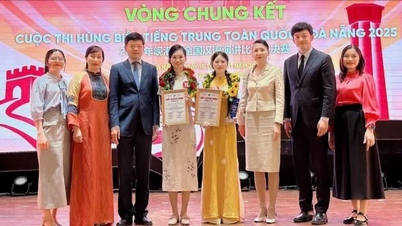




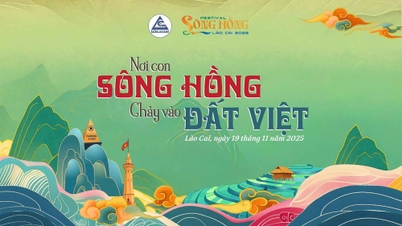



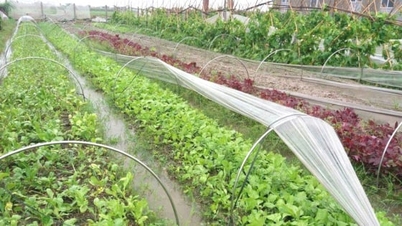
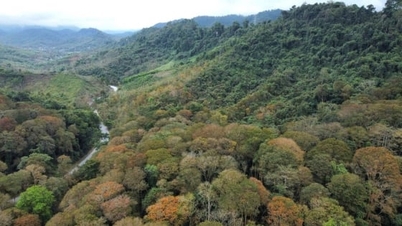
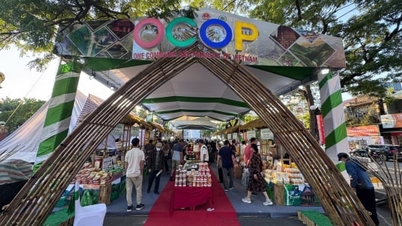
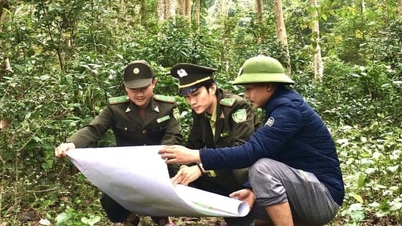
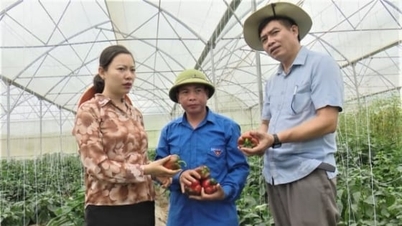
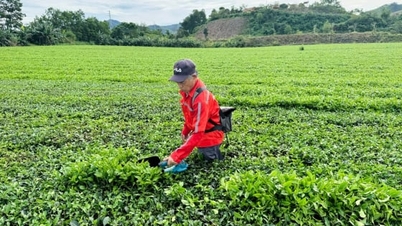




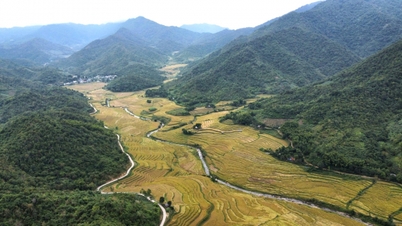
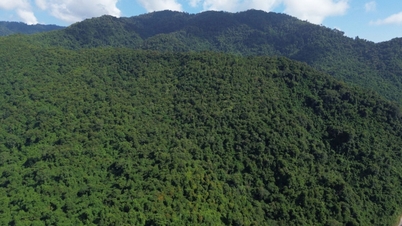
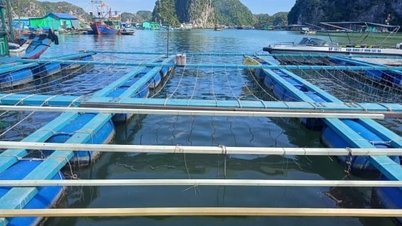

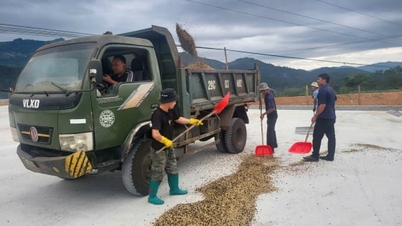
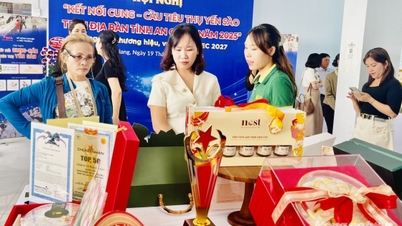
![[Photo] Next to the "mountain of trash" after the flood, Tuy Hoa residents strive to rebuild their lives](/_next/image?url=https%3A%2F%2Fvphoto.vietnam.vn%2Fthumb%2F1200x675%2Fvietnam%2Fresource%2FIMAGE%2F2025%2F11%2F24%2F1763951389752_image-1-jpg.webp&w=3840&q=75)




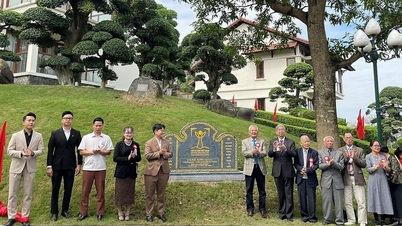

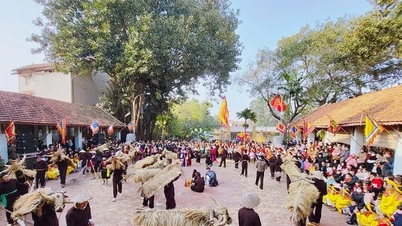

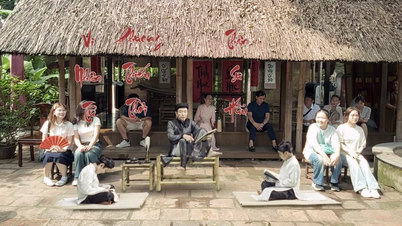

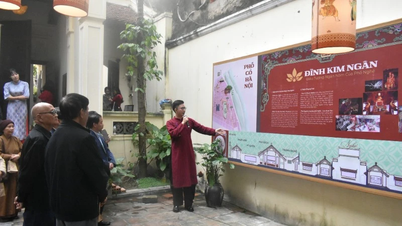






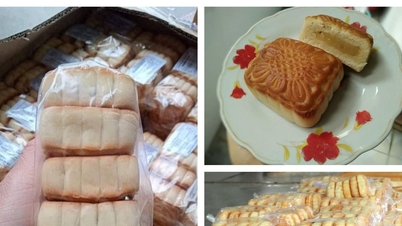

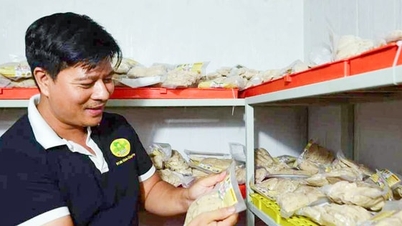




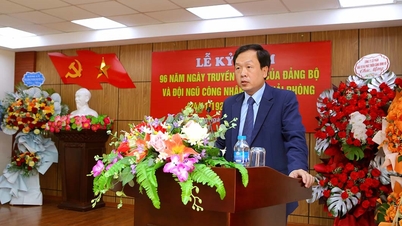




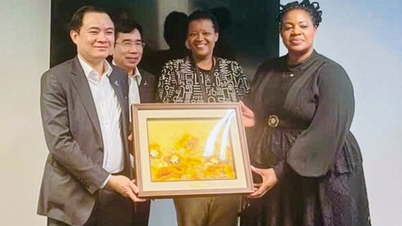
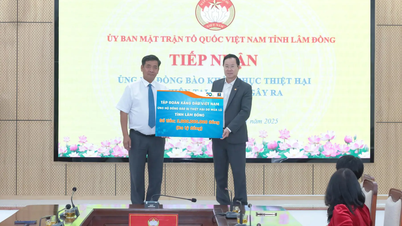






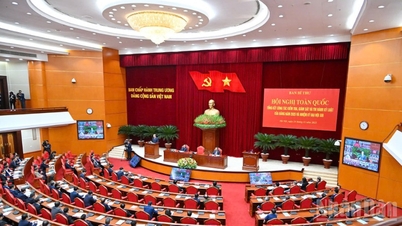

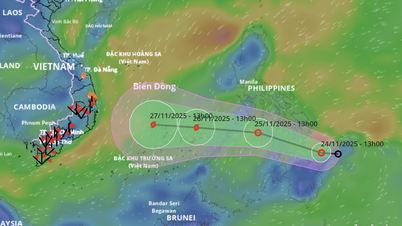



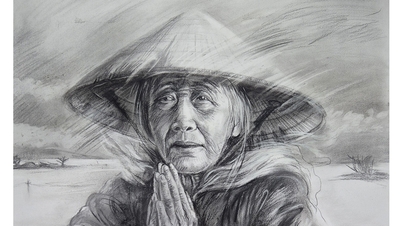
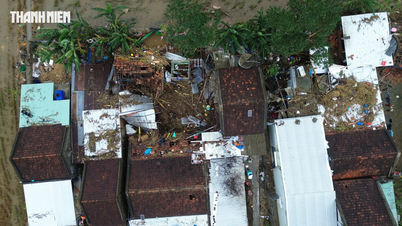
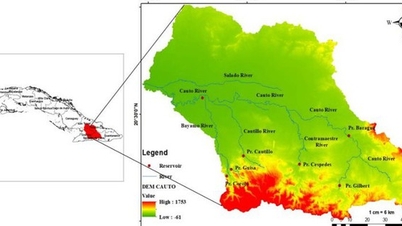

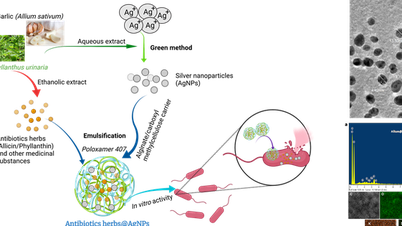
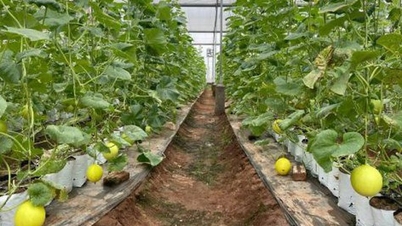


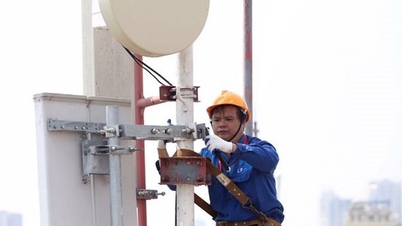
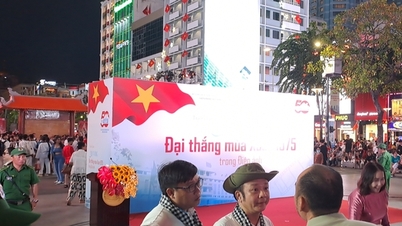



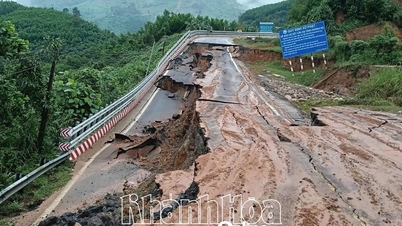


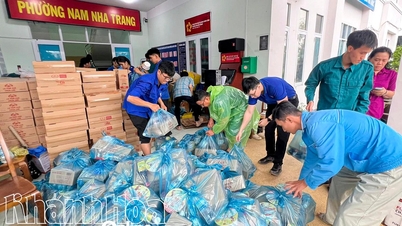
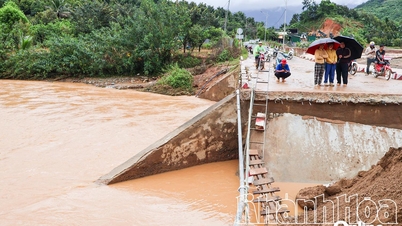
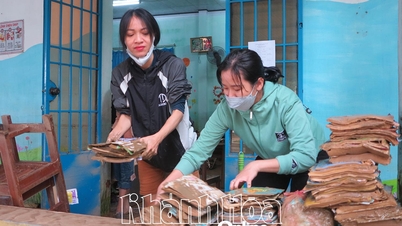









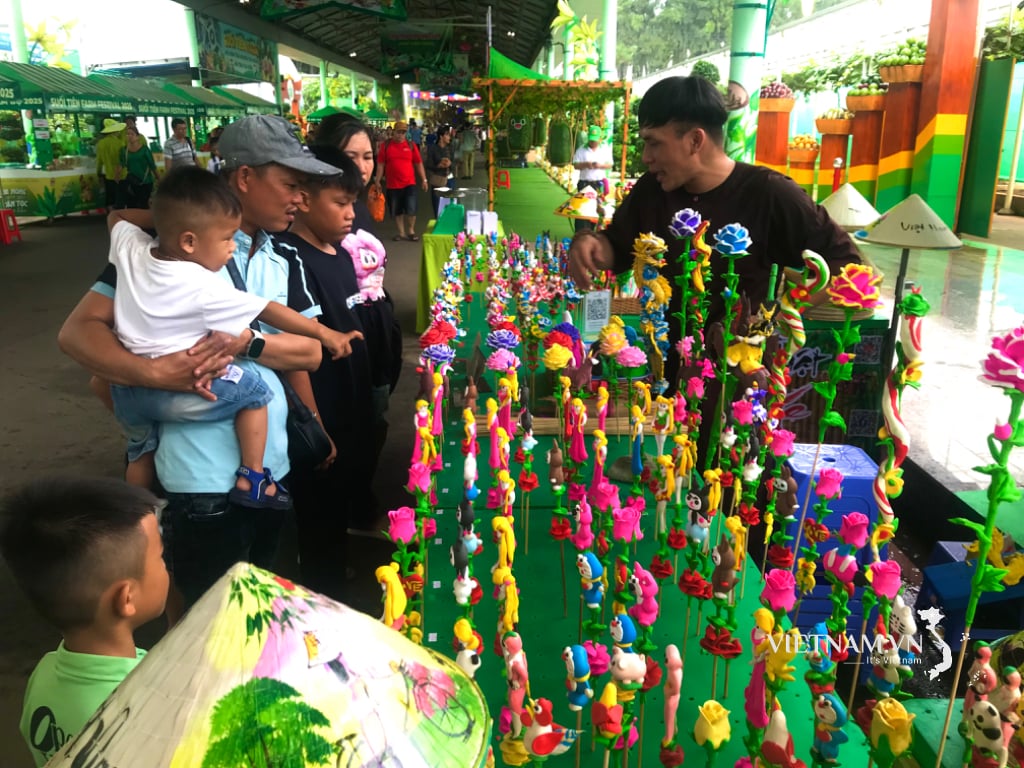

Comment (0)